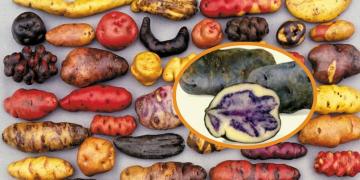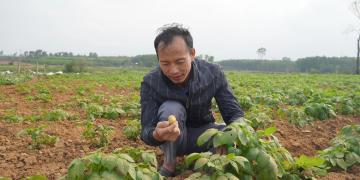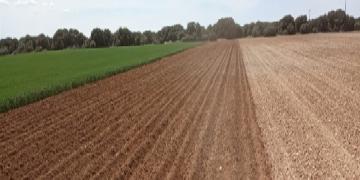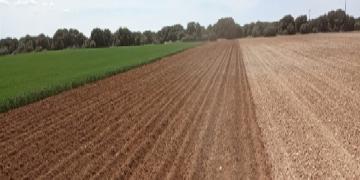China: The role of smart irrigation systems in modernizing Chinese villages
In rural China, particularly in the Da Yudu irrigation area in Shanxi province, innovation is revolutionising the way farmers water their fields.
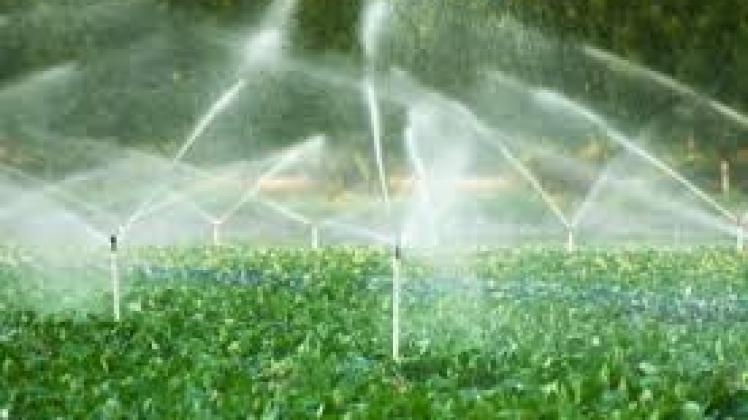
Traditionally, irrigation in these areas required manual labour and considerable water management. However, with the introduction of smart irrigation systems, a new era of automation and efficiency is emerging.
The Da Yudu irrigation district, known for its connection to the legendary flood-controlling Emperor Yu, now boasts an irrigation system that pumps water from the Yellow River more than 300 meters to irrigate more than 30,000 hectares of farmland. The system allows farmers to automatically manage water levels and optimize irrigation, drastically reducing the labor required for such tasks.
Hu Tianni, founder of a smart farm in the area, said irrigation is crucial to food production and his smart irrigation system has enabled significant water conservation. It is estimated that nearly half a million cubic meters of water are saved on 66 hectares, reducing costs by more than 160,000 yuan per year. In addition, wheat production has increased by 150 kilograms per mu (1/15 hectare), increasing net income by 700-800 yuan per farmer each year.
The innovative system is part of a long-term effort that began in 1970 to improve water management in this unique geographic region. This initiative, the Da Yudu project, initially succeeded in expanding irrigated land from 280,000 mu to 546,000 mu, directly increasing agricultural production and farmers’ income. As a result, Ruicheng County, home of the Da Yudu project, has been recognized as a national leader in grain production for 16 consecutive years.
Since the introduction of smart irrigation, China has made significant progress in water conservation. By 2023, more than 1 billion mu (1 million hectares) of land in China is irrigated, and smart systems help manage nearly half of that land. These systems rely on data to determine optimal water use and automatically adjust irrigation based on soil moisture levels and crop needs.
Experts believe that the full potential of water-saving technologies has not yet been tapped. In China, where agriculture accounts for more than 60% of total water consumption, there is enormous potential for further improvement. The application of these systems has led to a substantial increase in crop yields, which in some regions have increased from less than 50 kg per mu to 750 kg or even one tonne per mu.
Farmers like Jin Yumin, who manages water distribution in his village, appreciate the convenience of modern irrigation. Before, he manually sold water vouchers to the 800 households in his village. Now, everything is automated through a mobile app, making his work much more efficient.
The key takeaway from the Da Yudu project and the broader adoption of smart irrigation systems is that technology has the potential to not only boost agricultural productivity, but also modernize rural communities. As China continues to adopt digital agricultural solutions, smart irrigation stands as a pillar of agricultural sustainability, improving food security and ensuring rural areas thrive in the modern economy.
Smart irrigation systems are central to China’s agricultural modernization, offering solutions to water scarcity while increasing farm yields and profitability. The success of the Da Yudu irrigation project and other similar initiatives demonstrates the transformative potential of integrating technology into agriculture. As these systems become more widespread, they will continue to play a crucial role in ensuring food security and sustainable agricultural practices in the future.
Fuente: potatoes.news

